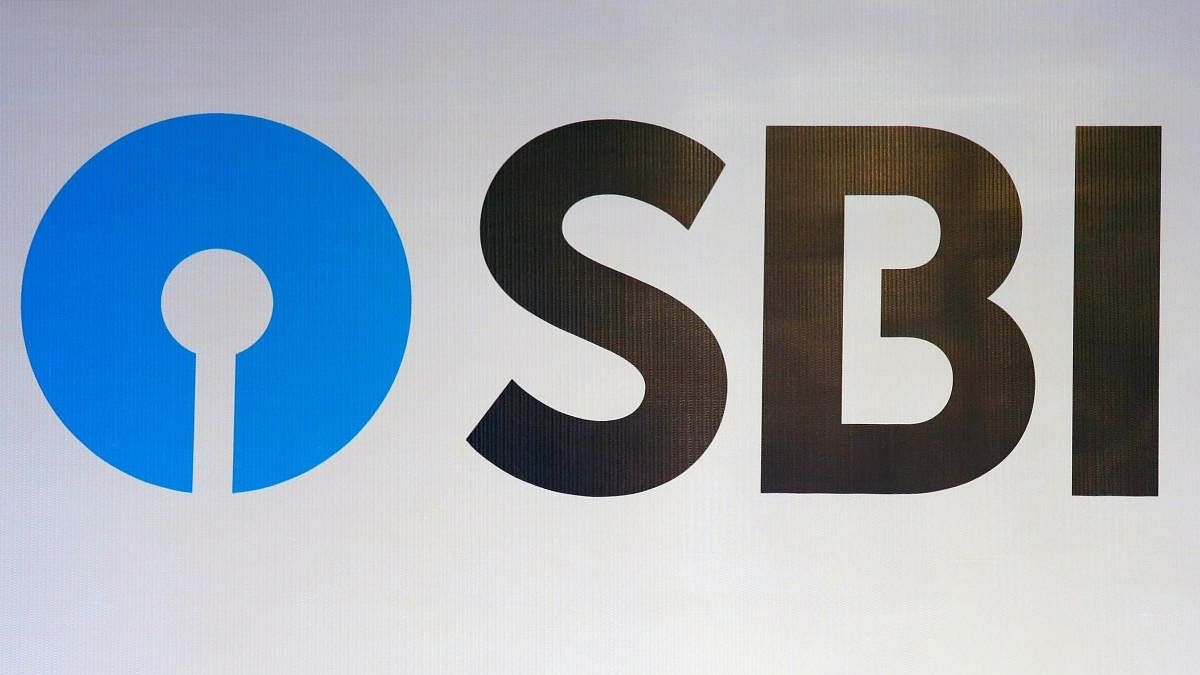
Logo of State Bank of India
Credit: Reuters Photo
State Bank of India is working out the risk matrix for its borrowers wherein it gives some special credits for those embarking on green initiatives, Chairman Dinesh Khara said here on Monday.
Since recently, the nation's largest lender has also been measuring the carbon footprint of its Rs 33-lakh crore portfolio at the account level in an attempt to mitigate climate risks and provide sustainable financing, he said.
“At the bank level we have started working out the risk matrix of our borrowers wherein we give some special credits to those embarking on green initiatives,” the chairman said at a Ficci event here.
However, he did not elaborate.
Khara, who has been warning against green-washing, also called for better project reports for green financing so that the information asymmetry that plagues the green funding space can be mitigated.
He also stressed on the need for a policy framework to promote the awareness on green finance ecosystem.
There is a need for the chartered accountants community to come out with some auditing standards which can help corporates in terms of having annual data relating to green initiatives and their outcomes, Khara who has got a tenure extension till August 2024, said.
There is a need for deepening the green bond market especially with rupee denominated bonds, standardization of green investment, better corporate reporting and removal of information asymmetry to address the shortcomings in the green finance market, he said.
Khara said the global spends on physical assets to achieve net-zero will need an investment of $275 trillion between 2021 and 2050.
He also said since the first green bond was issued in 2014, domestic companies have raised $43 billion in this funding space, making the country the sixth largest issuer of such bonds in the Asia Pacific region.
With the Reserve Bank planning to issue sovereign green bonds, Khara said this will give a further fillip to the rupee-denominated greens bonds.